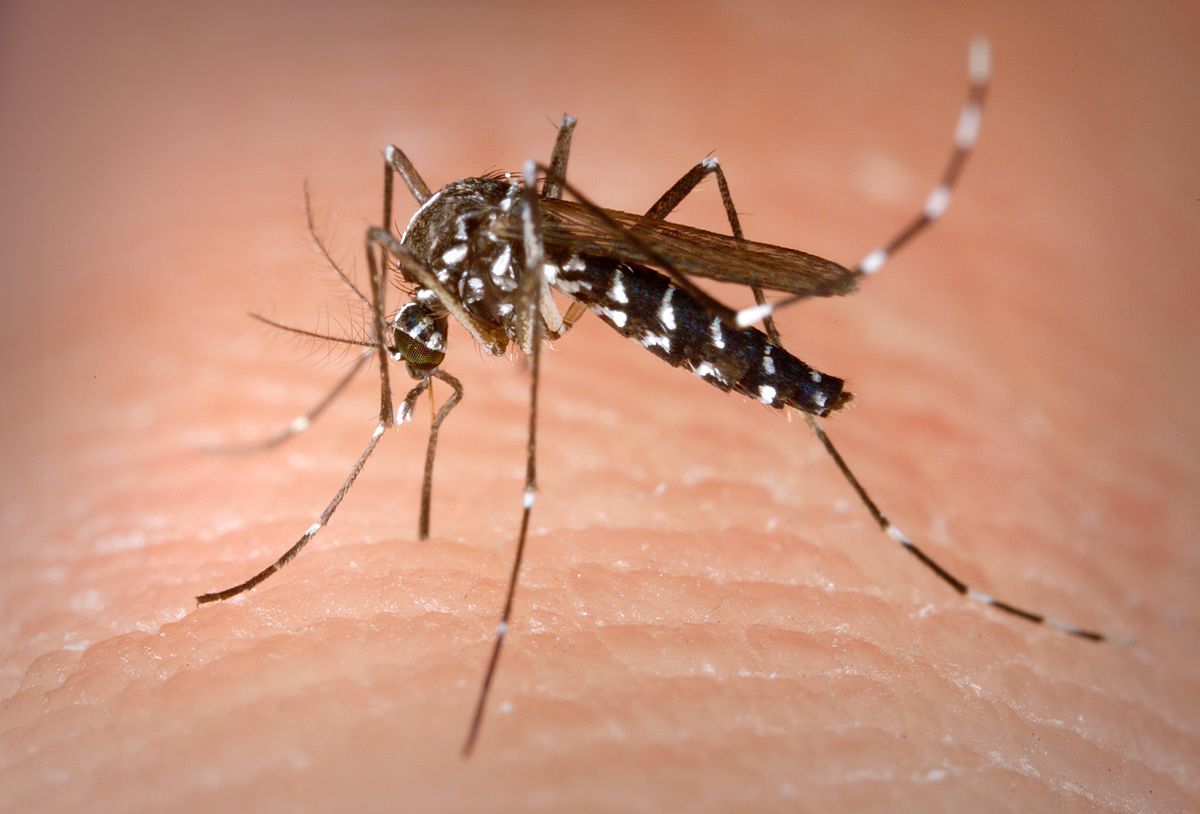The US Just Approved ‘Killer’ Lab-Grown Mosquitoes to Help Fight Disease

Credit to Author: Kaleigh Rogers| Date: Tue, 07 Nov 2017 19:11:08 +0000
The US government has approved the release of lab-grown killer mosquitoes into the wild to help stop the spread of disease. The specially-designed insects will carry a natural bacteria that infects and kills wild mosquitoes, which can carry viruses including Zika and dengue.
“First we’re going to prove our business model here in Lexington, Kentucky, but we have approval in 20 states,” Karen Dobson, the production manager at MosquitoMate, a biotech company that developed the mosquitoes, told Motherboard over the phone.
The Environmental Protection Agency gave the company permission this week to begin trials, Dobson told me, but they won’t be releasing the first mosquitoes until spring of next year. In a release Tuesday, the EPA confirmed that it had greenlit the project, giving MosquitoMate five years during which it can sell its mosquitoes in D.C. and 20 states. The company will still have to register with each individual state before it can release the bugs.
The lab-grown mosquitoes are Aedes albopictus, also known as Asian tiger mosquitoes. This is the same species that carries dangerous diseases in the wild, but these will be specially bred to carry a naturally occurring bacteria called Wolbachia pipientis that can make bugs sick. This will allow them to act like tiny sniper agents for humans, infiltrating the wild population and killing it off.
MosquitoMate will only release the males, which don’t bite, in hopes they will mate with the wild female population. The eggs produced from those matches will also be infected, preventing them from hatching, according to Nature.
Enlisting lab-grown mosquitoes to help us reduce the impact of mosquito-borne diseases has been considered in the US for a number of years. A similar trial project in Florida was given the federal greenlight last year, but local voters rejected the plan, citing concerns about the impacts on the local environment, which left researchers without a test site. But by design, those mosquitoes and the ones developed by MosquitoMate are not able to reproduce and will die off, making the potential risks relatively low.
Significantly reducing the mosquito population, even temporarily, can greatly reduce in spread of these diseases—it’s partly how we rid the US of malaria. With researchers anticipating new insect-spread diseases to continue to emerge, perfecting this kind of technology has the potential to save lives. But first, they need to prove it works.
Get six of our favorite Motherboard stories every day by signing up for our newsletter .